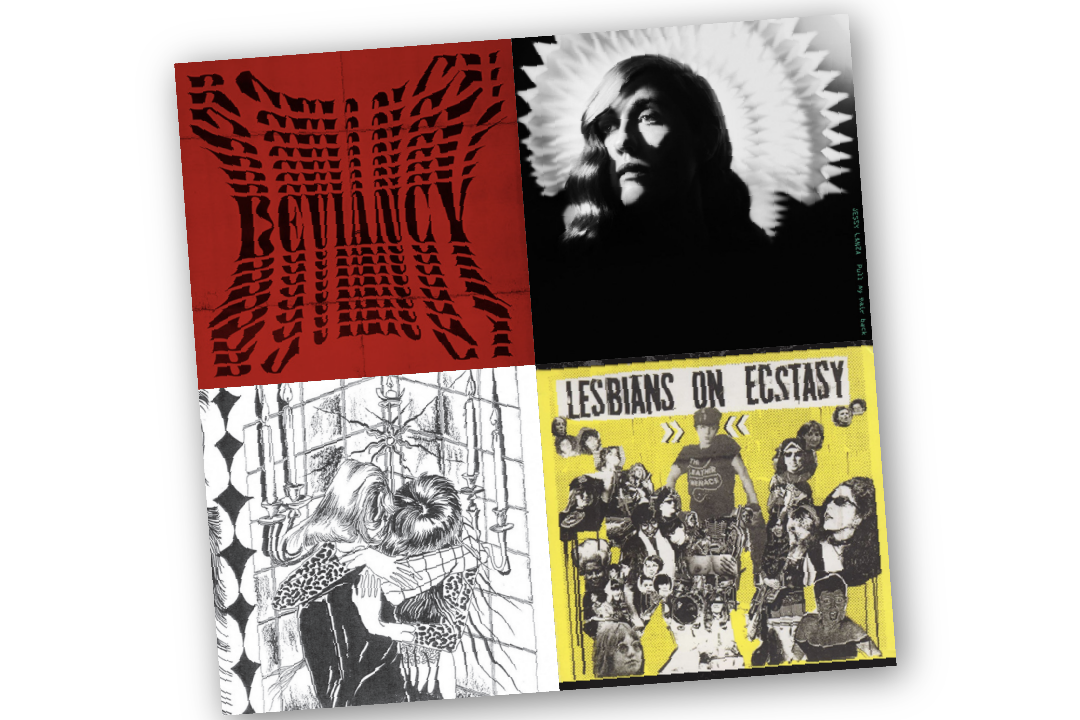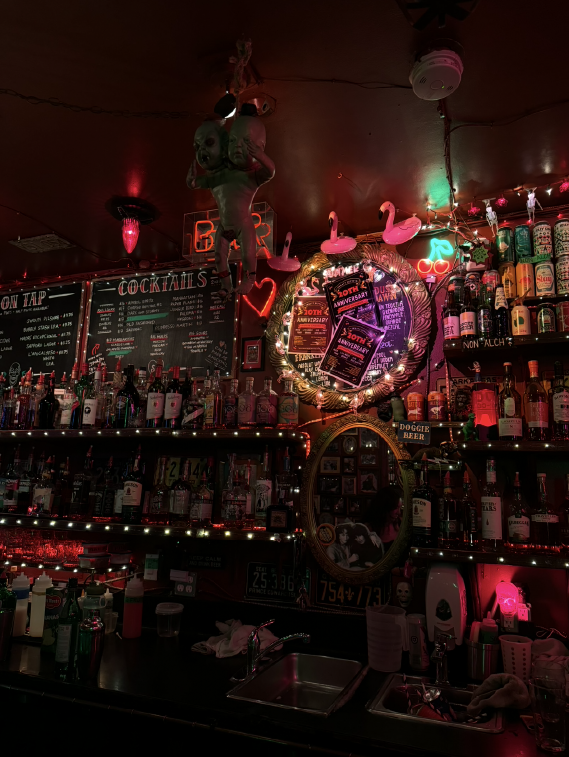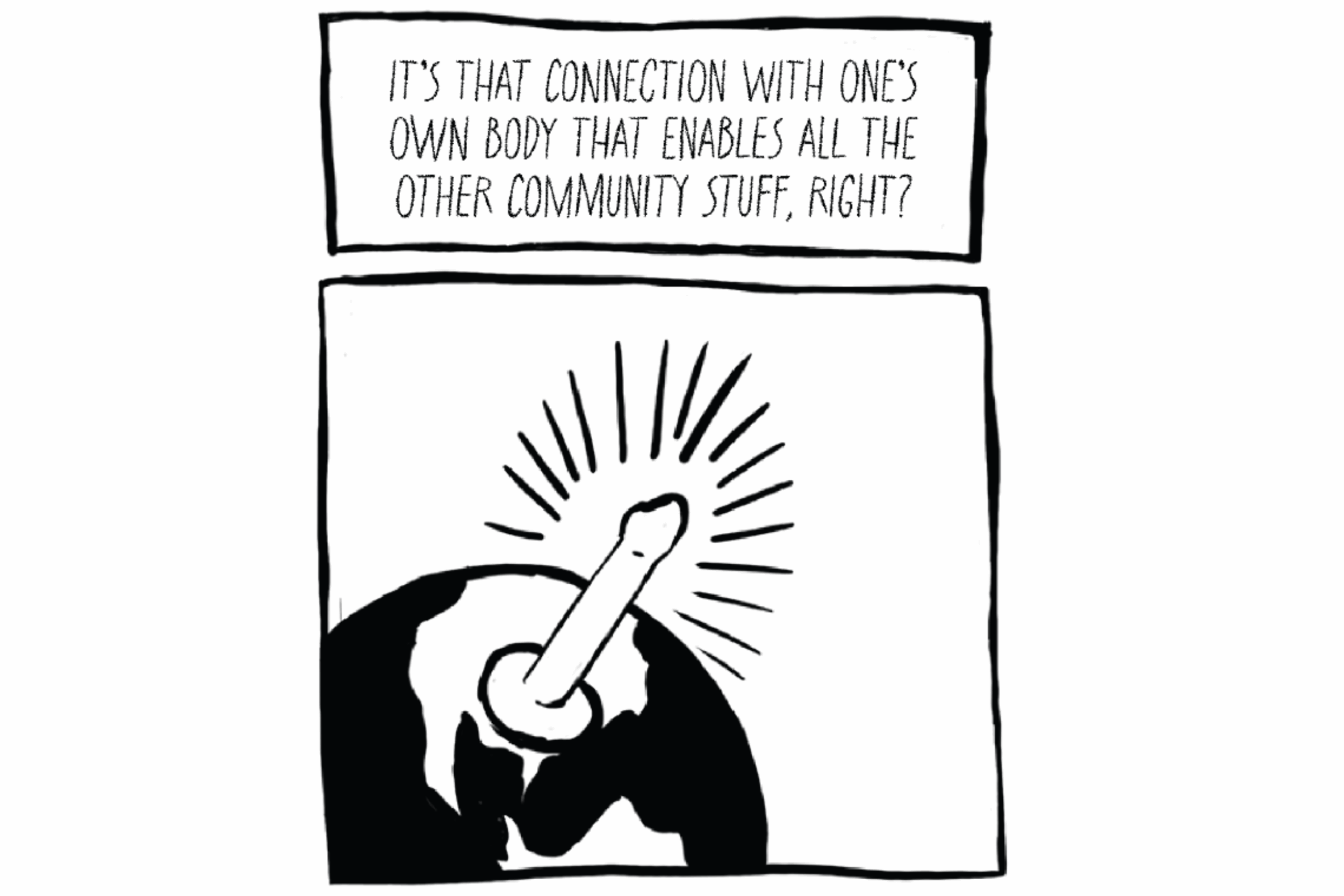The late-night food scene is creating community for the marginalized

By Lama Alshami
Sprinkled chatter across different mother tongues. Flocks of t-shirts, jeans, abayas, thobes and shalwar kameez—casual and fancy. The smell of blooming spices, freshly brewed masala chai and newly roasted chicken stacked on a vertical rotisserie. Congregation among congregation of families, friends and teenagers alike, hailing from diverse backgrounds—that’s the environment you’d be welcomed into if you took a walk down your local food street.
With an influx of immigrants comes a boost of culture, flavour and community. While Canada is used to closing its restaurants and cafés early in the evening, the night-time food scene is carrying a new space in the Greater Toronto Area (GTA) for people of all ethnicities to rejoice together—way past nine in the evening.
Though new in Canada, the culture of places open ’til dawn is a practice that is quite common across the globe, especially in the Middle East, North Africa, South and East Asia. Only recently entering the mainstream in cities such as Toronto and Mississauga, Ont., the late-night food trend is only growing in momentum and bringing people across cultures together.
Nura Nurhussen, a fourth-year biomedical sciences student at Toronto Metropolitan University, came to Canada several years ago from Saudi Arabia, where everything was open 24/7, if not ’til 3 a.m. at the very least.
“Coming here to Canada…seeing that everything usually gets closed early, kind of limited or restricted my plans,” Nurhussen says. “When we have the night option, we always go for that,” she added.
Back home, it was easier for her to have spontaneous hangouts with her friends, but in Canada, plans have to be made a week or two in advance.
Having lived in the Middle East, culinary management student at Humber College, Tessnim Abouisteite, is excited at the multitude of late-night food spots popping up around the GTA.
“I really missed being able to go out to places where there’s other people after 9 p.m.,” she said. “When Ridgeway did open, and I finally had a place like that in Canada, near my house, I was like, ‘this is great.’”
Ridgeway Plaza, located in Mississauga, boasts over 100 diverse restaurants with cuisines ranging from across the globe, from Iraqi to Afghan all the way to Chinese food. This late-night market is the go-to spot for late-night adventures.
“Ridgeway is the only plaza I can think of that has all the halal options and is open pretty late,” said Ibrahim Abu Laban, a student at Humber College, who used to live in Saudi Arabia.
The late-night food scene isn’t just well-known for keeping its doors open past midnight. One of the biggest reasons people flock to these restaurants is the sense of community they provide for people of all backgrounds.
“I think they’re just really friendly and it kind of makes me feel like I’m back home,” Abouisteite said. “Everyone’s kind of from a similar culture, it’s easy to connect with these people.”
Abu Laban believes that what drives people to go to these spots is that the people and the cuisine are deeply familiar, so it brings a sense of comfort.
He explains that he’s gotten to know the people who work at most of the places he frequents. “There’s a kind of vibe. I go, I talk to people who work there and whatnot,” he explained. “But [at] non-Arab places, it’s a bit harder, because there’s a cultural barrier where it’s kind of like ‘I don’t know what you like’, he doesn’t know what I like, kind of thing.”
Abouisteite has also created many connections at Ridgeway Plaza, even forming friendships with those who work at the plaza.
“Either I compliment a girl, or a girl compliments me, and we see each other often [enough] at Ridgeway that we slowly become friends,” says Abouisteite. “It’s kind of like a safe place for people to go when they want to have a sense of community, but they don’t know where to go.”
“A lot of the young adults that do go to Ridgeway, most probably have lived in the Middle East before, so they really do miss being able to go somewhere late at night,” mentioned Abouisteite. “This could also be a really cool experience for the kids who mainly grew up in Canada but can go enjoy Ridgeway.”
Beyond forming new friendships, Abu Laban found the plaza has become a place to revive past connections.“I’ve had a couple friends that I haven’t seen in like 15 years,” he said. “They moved out of Saudi [Arabia] and I haven’t seen them in a long time, [but] I kind of just bumped into them and rekindled the friendship.”
Nurhussen expresses that the atmosphere is different at these places compared to the usual fast-food chains.
“People are there for each other, and it’s more like the food in there is just another factor to bring us together, and the main reason is for us to actually connect and socialized together,” she said. “When I go in, the first thing I notice is that there’s a lot of people. It’s always busy. It seems like everyone gets the chance to go and get out of their busy life, whether it’s work, school and then they just come in there to hang out.”
For many communities, food is an invaluable means of gathering family and friends. When sharing a meal with others, people set aside their daily stressors and come together, bonding over a shared experience. After nightfall, people tend to linger, their conversations continue over tea or coffee. In certain cultures such as Arab or South Asian, tea houses and cafés became platforms for political discussions and intellectual discourse. The relaxed environment and the communal atmosphere cemented them as hubs of cultural exchange. These spaces offer a catalyst for people to engage in more profound and culturally significant conversations.
“I think the talks you have, they become a lot more political when they’re at night. They become a lot more like part of the way fathers speak. I think everybody tends to be like that past a certain time when they’re out,” Abu Laban describes. “You want to go get a cup of tea after you’re done eating, to talk more politics or more news.”
Abouisteite says she cherishes the kind service, intriguing conversations and wonderful people she was meeting. She explains that in Ridgeway, everyone is from the same area, so there’s a sense of community where they know Islamophobia and racism is less likely to occur because everyone is so similar to one another in terms of being immigrants and coming from diverse backgrounds.
These restaurants are also introducing a whole generation to a diverse set of new menus.
“People are there for each other, and it’s more like the food in there is just another factor to bring us together, and the main reason is for us to actually connect and be socialized together”
“I remember going to a Habesha restaurant, and there were non-Habesha people going there, and they seemed very happy to be there,” said Nurhussen. “Even their body language, you can tell that they love trying new things. So you can tell that they’re happy being in there and they’re enjoying their experience. So that made me happy seeing them trying the things.”
“I know a lot of people who are not Middle Eastern or South Asian that I’ve talked to that have visited these places in Ridgeway, and they talk about how it was an opportunity for them to try new foods that they’ve never had before,” said Abouisteite.
However, the late-night food scene isn’t just creating a new hangout spot. They’re providing a new space that allows minority groups in Canada to feel seen and heard.
Nurhussen describes how after the fall of the Assad regime in Syria on Dec. 8, 2024, she noticed that people from different backgrounds and countries would meet up at late-night cafés to “celebrate this victory together.”
“It was a very, very good opportunity for them [Syrians] to be together, see other people that want to celebrate together,” said Nurhussen.
Abouisteite describes that one of the advantages of a late-night food scene for Muslims is that people can go to these places while remaining in accordance with their religion. “There’s two mosques in the area,” she said, referencing Ridgeway Plaza, which allows Muslims to “still have their fun late at night.”
Abu Laban says, “Sometimes in downtown, it’s after 12 [a.m.], it might be hard for me to find something halal to eat, maybe because most halal spots close early.”
He mentions Twilight Café, a popular board game cafe located in downtown Toronto.
“It’s a board game cafe…They sell coffee, they sell food. It’s not that expensive. So it kind of helps people who don’t like the nightlife,” he explained. “We [Muslims] don’t like to go clubbing, we don’t like to go to bars, so we have somewhere to kind of stay with our friends at night time.”
Nurhussen explains that one of her favourite restaurants, Istar, a Somali spot in Etobicoke, Ont., which is open all day and night, has a safe place where she can go pray.
“That makes me want to go back again and again and even recommend it to others,” said Nurhussen, adding they were even offered drinks without paying “just for the sake of being there.”
Beyond food, late-night restaurants are also well-known for their support for causes across the world. Matari Coffee Co., a Yemeni café and one of Abouisteite’s most visited places at Ridgeway Plaza, participated in the global strike for Palestine to demand a ceasefire in Gaza.
On Dec. 11, 2023, they made a post on their Instagram account explaining that they “stand in solidarity with the people of Gaza” and will be closed “in response to the ongoing genocide.” Abouisteite said that this helped solidify its place as her favourite café.
The blossoming late-night food scene isn’t just about closing restaurants and cafés at later times in the night. It’s about making new connections and revisiting old ones, it’s about debating politics comfortably and standing up for human rights, it’s about trying new cuisines and remembering the meals you cherish from your culture.
But mostly, it’s about creating a place for communities to feel safe within their country and freely celebrate their identity.






Leave a Reply